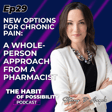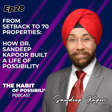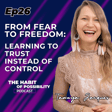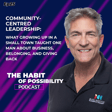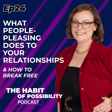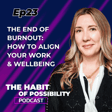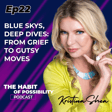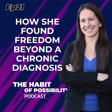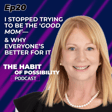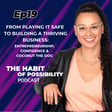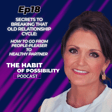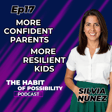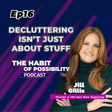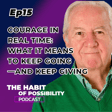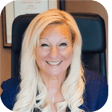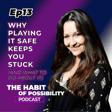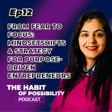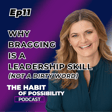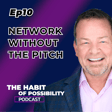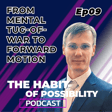
Which Woman Am I Today? Facing Midlife With Humour, Healing & Reinvention
Join us in this episode for:
- A lighthearted and honest look at midlife—from sudden health crises to unexpected epiphanies
- Real talk about menopause, identity shifts, and stress-related illness—and how to cope when everything hits at once
- How to spot the hidden signs of stress before your body forces you to stop
- Ways to laugh at the hard stuff and find levity in the middle of big life changes
- How to have better, braver conversations with your doctor
- Why you might be asking yourself “Which woman am I today?” — and how that question can actually empower you
- Practical tools for reframing midlife challenges using mindset, self-awareness, and stress reduction techniques
- Inspiration to redefine what vibrant living looks like after 50
Deborah Knight is a communications strategist, storyteller, media expert and founder of DKPR Public Relations Inc., with 25+ years of experience representing celebrities, politicians, and business leaders in media, messaging, public speaking, content creation and brand presence. Her eclectic career spans corporate communications leadership at WestJet, the Rogers Centre, and Mirvish Productions, as well as previously working as an international tour manager and publicist working in New York, L.A., and Cannes.
A sought‑after media commentator, Deborah has been featured regularly on CBC News, CTV, Global News, CP24, The Globe and Mail, Toronto Star, The National Post, Metroland, and Canadian Business and podcasts, sharing her expertise on public relations, advertising, and the evolving media landscape. A cancer survivor and patient advocate , and media spokesperson, she is writing Menopause Speaks , opening courageous conversations for Mount Sinai Women’s Health Initiative, tackling the taboos around women’s health.
For over two decades, she has led major fundraising efforts with Kiwanis International and the Kiwanis Club of Toronto Foundation, including spearheading the creation of a scholarship program for high school students, leading the development of a new Boys and Girls Club in Cabbagetown, and launching The Water Drop Project in the Caribbean to provide clean water for communities in need.
Known for her resilience, reinvention, and signature question—“Why aren’t we talking about this stuff?”—Deborah inspires others to step boldly into their own second chapters.
Deborah Knight, Principal and Publicist
dkpr public relations inc.
416-200-3577 (dkpr) office
Toronto
Twitter @dkprtoronto
Join us for FREE Stress Management workshops, both in person at our training facility in Burlington, Ontario Canada, and online via Zoom. Learn more and register here: https://www.hypnosistrainingcanada.com/stress-management-workshop
Learn more about how Robbie Spier Miller’s coaching, training, consulting and speaking opportunities can help you enhance your personal and business performance here:
https://www.hypnosistrainingcanada.com
https://www.mindlinkconsulting.com
@hypnosistrainingcanada
@robbiespiermiller
